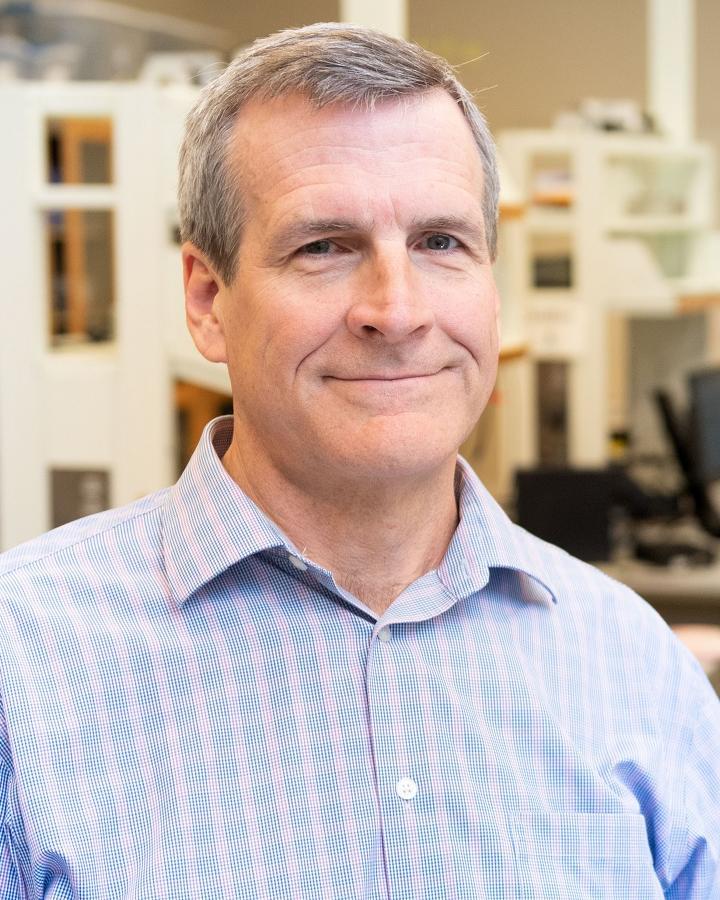Benkeser Elected to BMES Fellows
Aug 19, 2019 — Atlanta, GA

Paul Benkeser, professor and senior associate chair in the Wallace H. Coulter Department of Biomedical Engineering
Paul Benkeser, professor and senior associate chair in the Wallace H. Coulter Department of Biomedical Engineering at Georgia Tech and Emory University, has been elected to the 2019 Biomedical Engineering Society (BMES) Class of Fellows.
To be elected as a BMES Fellow, an individual must have demonstrated exceptional achievements and made significant contributions within the biomedical engineering field. This individual must also have extensive leadership within the biomedical engineering field and served within the Society.
At Georgia Tech, Benkeser has enhanced undergraduate biomedical engineering education, with interests in integrating problem-driven learning and global experiential learning opportunities in the curriculum. He developed two innovative study abroad programs, one in China and another in Ireland.
Benkeser - along with Professors Wendy Newstetter and Joe LeDoux - were recently awarded the National Academy of Engineering’s (NAE) 2019 Bernard M. Gordon Prize for Innovation in Engineering and Technology Education for their efforts in “fusing problem-driven engineering education with learning-science principles to create a pioneering program that develops leaders in biomedical engineering.” The groundbreaking program they developed brought best practices in education and learning to engineering. As part of the curriculum, students experience problem-driven learning (PDL), which replicates in class the industry environment that graduates will face as future industry leaders. This prize is the largest and most prestigious NAE award given in engineering education.
In support of BMES, he served the Society in numerous important roles since becoming a member in 2002. Most notably, he has represented BMES in engineering accreditation activities for ABET since 2002, serving in a number of capacities including program evaluator, EAC Commissioner, and as a member of its Board of Delegates. Through these activities and associated consulting efforts, he has directly worked with faculty from over 35 undergraduate biomedical engineering programs in the U.S. and abroad, successfully contributing to improvements to their programs. Additionally, over 100 other BME faculty have benefited from Benkeser’s insights and experiences with engineering accreditation through workshops and webinars sponsored by BMES.
Walter Rich




